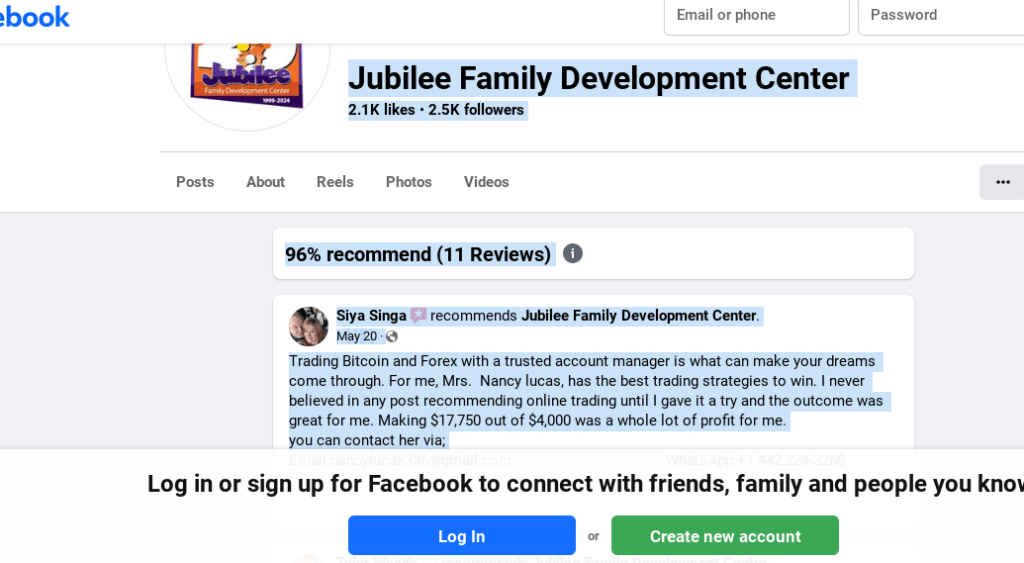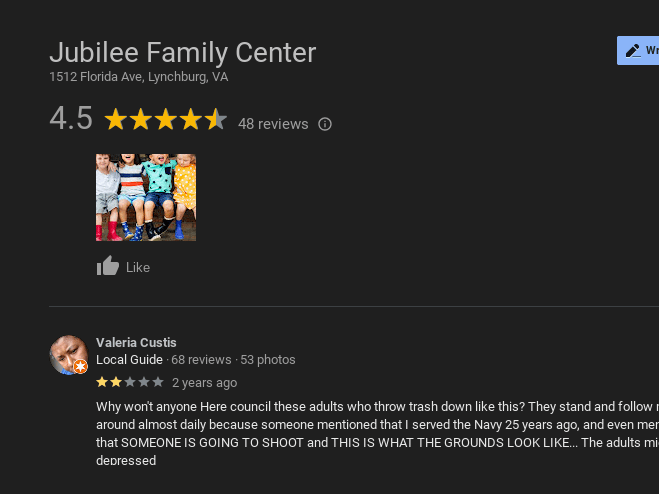In the heart of Virginia, Lynchburg offers a variety of STEM (Science, Technology, Engineering, and Mathematics) opportunities for its youth. However, a closer look reveals a concerning trend: many organizations seem to exist more for show than for substance. This article delves into the STEM landscape in Lynchburg, comparing it to other cities, and analyzes the true impact of some of these initiatives.
STEM Opportunities in Lynchburg
XLR8 STEM Academy
Located on the campus of Central Virginia Community College, XLR8 STEM Academy offers academic and technical training related to careers in engineering, mechatronics, biotechnology, and health sciences. The program is competitive and targets high school juniors and seniors, preparing them for future STEM careers.
Lynchburg Regional Governor’s STEM Academy
This regional academy, part of the Virginia Department of Education, provides programs in science, technology, engineering, and mathematics. It aims to prepare students for post-secondary education and careers in STEM fields.
Jubilee Family Development Center
The Astronaut Leland Melvin STEM Center at Jubilee offers structured skill-building activities aimed at addressing unemployment and underemployment in Lynchburg. However, recent observations (lack of website updates, outdated reviews, no real sign ups on website, numbers not adding up) suggest that the center’s activity has been minimal, with the building often appearing empty despite its very prominent role during media events when fundraising is involved.
Comparative Analysis with Other Cities
New York City
NYC boasts a robust STEM ecosystem with programs like NYC STEM CLUB, STEM Kids NYC, and the NYC STEM Education Network. These initiatives offer a variety of hands-on, experiential learning opportunities for students from kindergarten through high school. The city’s commitment to STEM education is evident in its numerous summer programs, after-school activities, and collaborative projects.
Richmond
Richmond, VA, has several STEM programs, including NVA STEM, STEM RVA, and the RTC Governor’s CTE Academy for STEM. These organizations provide summer camps, after-school activities, and workshops focused on science, technology, engineering, and math. The YMCA of Greater Richmond also offers STEM programs for various age groups.
Norfolk
Norfolk’s Southside STEM Academy at Campostella incorporates problem and project-based learning with a special emphasis on engineering. The city also has programs like KinderSTEM and various STEM initiatives through Norfolk Public Schools.
Roanoke
Roanoke offers STEM and robotics outreach programs through Roanoke College and the Virginia Tech Roanoke Center. The Governor’s STEM Academy in Roanoke County Public Schools emphasizes project-based learning and critical thinking skills. The Science Museum of Western Virginia also contributes to early childhood STEAM education.
The Ethical Dilemma of STEM Initiatives
The Case of Jubilee in Lynchburg
While organizations like Jubilee in Lynchburg claim to offer valuable STEM programs, their actual impact is questionable. The center, led by Dr. Sterling Wilder, seems to come to life only during fundraisers and media events. This raises concerns about the genuine commitment to the community’s youth.
Facebook Reviews

Facebook reviews for Jubilee Family Development Center are mixed, with some users recommending the center for its community programs and summer camps. However, many reviews seem unrelated to the center’s activities, focusing instead on personal anecdotes and unrelated endorsements.
Google Reviews

Google reviews for Jubilee Family Center are generally positive, with users praising the center’s community service and programs for children. Some of these reviews tend to be rather dated, with some being 5+ years old. However, some reviews mention the center’s lack of activity and the need for better organization and maintenance.
The Broader Issue
This phenomenon is not unique to Lynchburg. Many inner-city organizations across the country appear to exist primarily for photo opportunities and fundraising events rather than for meaningful community engagement. With so many children in need of productive activities, the empty buildings and lack of daily programs are a stark contrast to the media portrayal.
Media Portrayal vs. Reality
WSET News Coverage
WSET news coverage of Jubilee Family Development Center often highlights the center’s fundraising efforts and media events. For example, a recent article celebrated Jubilee meeting its $75,000 goal for a new media center, which will teach teens skills necessary for careers in digital media. However, the day-to-day impact of such initiatives remains unclear to the concerned public.
Community Counts Initiative
Jubilee’s participation in the WSET Community Counts initiative has been successful in raising funds, but the long-term benefits for the community’s youth are yet to be seen outside of WSET media events. The center’s podcast initiative, while promising, involves only a small number of students, raising questions about its broader impact.
The Need for Transparency and Accountability
Community Involvement

It is crucial for communities to question the motives behind these organizations. Transparency and accountability are essential to ensure that STEM initiatives genuinely benefit the youth. Community members should demand evidence of daily activities and tangible outcomes from these programs.
Funding and Media Attention
Organizations should not rely solely on media attention and fundraising events to demonstrate their value. Consistent engagement with the community and visible, parents (fathers especially) taking more accountability, transparency within these organizations, and daily operations are necessary to build trust and ensure that resources are being used effectively.
Conclusion
While Lynchburg and other cities offer numerous STEM opportunities for youth, it is essential to scrutinize the true impact of these initiatives. Organizations like Jubilee in Lynchburg will be held accountable for their claims and actions. As a community, we will advocate for transparency and continue to demand that these programs genuinely serve the needs of our youth. Only then can we ensure that STEM education truly empowers our next generation!

